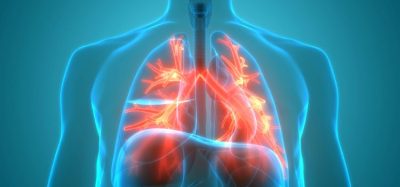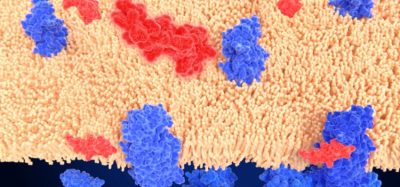Promising top-line results for AZP-531 in Prader-Willi Syndrome
Posted: 26 April 2016 | | No comments yet
Alizé Pharma has announced top-line results of a Phase II clinical trial of AZP-531 in patients with Prader-Willi Syndrome (PWS)…


Alizé Pharma has announced top-line results of a Phase II clinical trial of AZP-531 in patients with Prader-Willi Syndrome (PWS).


PWS is a rare genetic disease and the most common form of genetic obesity with an estimated prevalence of 1 to 9 per 100,000. It is a complex clinical syndrome, characterized by life-threatening obesity, short stature, hypogonadism, cognitive, behavioural and psychiatric disturbances. Hyperphagia is the most salient and constant feature of the syndrome. It begins early in childhood and is associated with a lack of satiety. Patients typically display abnormal eating behaviors including obsessive food seeking, food storage, foraging and hoarding, that represent a lifelong source of distress for them and their families.
The Phase II study was aimed at evaluating the safety, tolerability and efficacy of AZP-531 administered daily subcutaneously for 14 days on food-related behaviour, versus placebo. It enrolled a total of 47 patients with genetically diagnosed PWS and evidence of hyperphagia.
The results showed a significant improvement in food-related behaviour in patients treated with AZP-531, as assessed by the Hyperphagia Questionnaire (HQ), the most widely used tool for assessing efficacy in clinical trials in PWS. The results showed a particular improvement in the Hyperphagic Severity domain score of the HQ. These findings were supported by a reduction in appetite following breakfast for patients treated with AZP-531, as assessed by a newly developed patient-reported outcome scale.
AZP-531 ‘highly promising’
Glucose control improved with AZP-531 treatment, with a greater effect observed in patients with higher fasting or post-prandial glucose levels at baseline. Body weight did not change significantly in either group, which is not unexpected following short-term treatment in a study population with a highly variable weight (range of 53-161 kg) and BMI at baseline. However, a significant reduction in waist circumference was noted in the AZP-531 group, which was not observed in the placebo group.
AZP-531 was well tolerated with no serious or severe adverse events and no clinically significant changes with respect to safety laboratory tests.
Commenting on the results, Prof Maïthé Tauber, paediatric endocrinologist, Hospital of Toulouse, and coordinator of the Reference Center for Prader-Willi Syndrome in France, said: “Hyperphagia is a devastating feature of Prader-Willi Syndrome as it dramatically impairs the quality of life of the patients and their families and may also lead to morbid obesity and related cardiovascular complications. In this regard, the impact of AZP-531 on food-related behaviour in this trial is clinically relevant, highly promising and calls for the implementation of longer-term clinical trials.”









